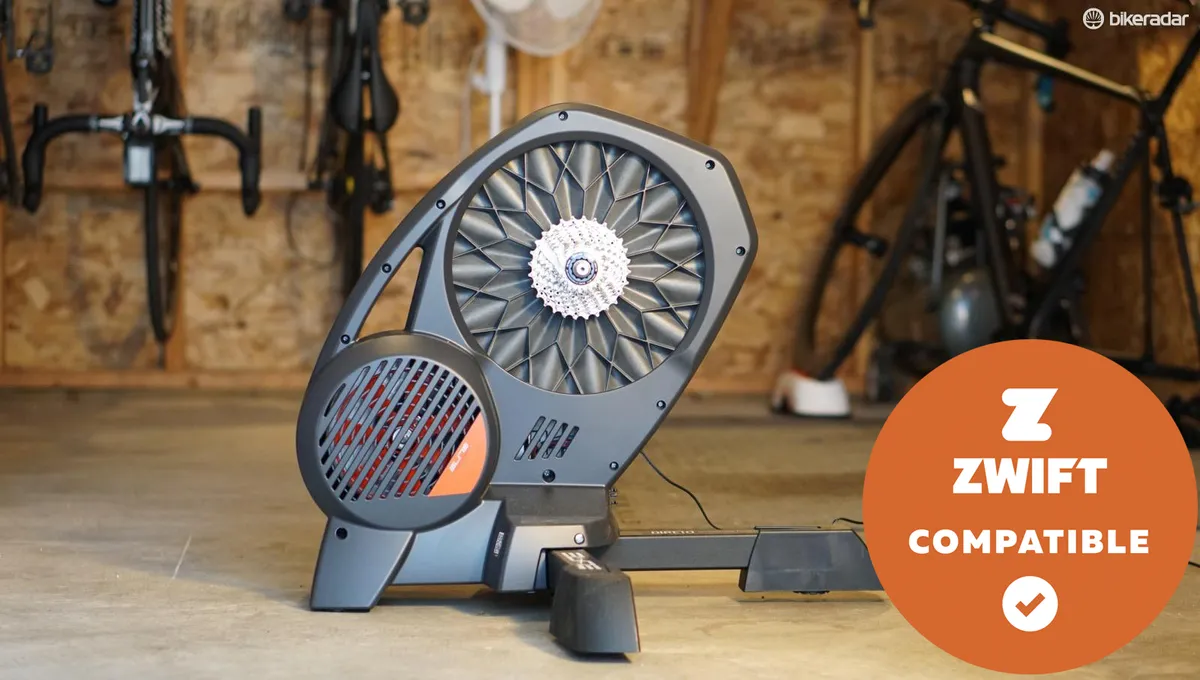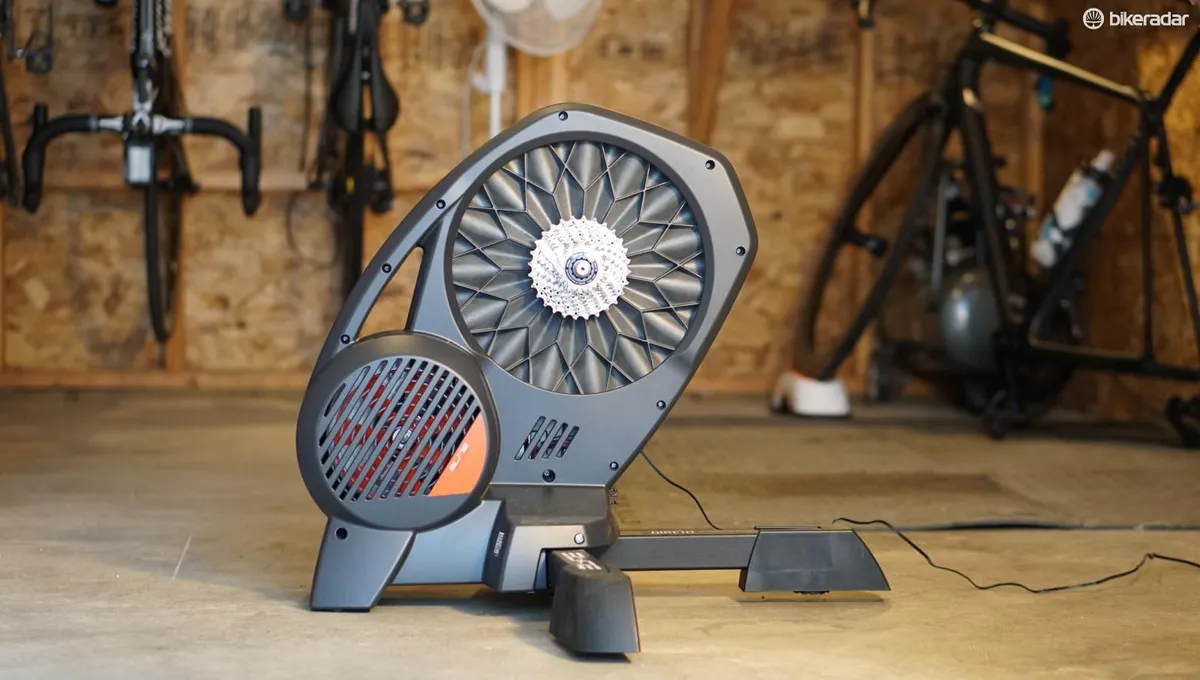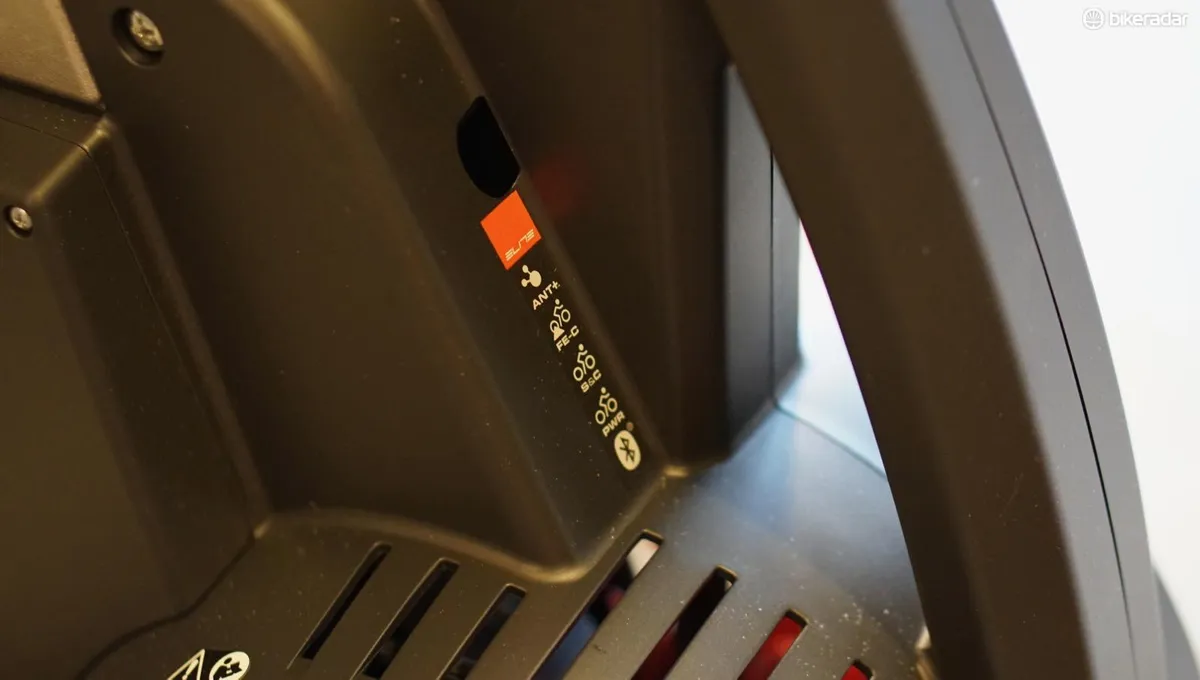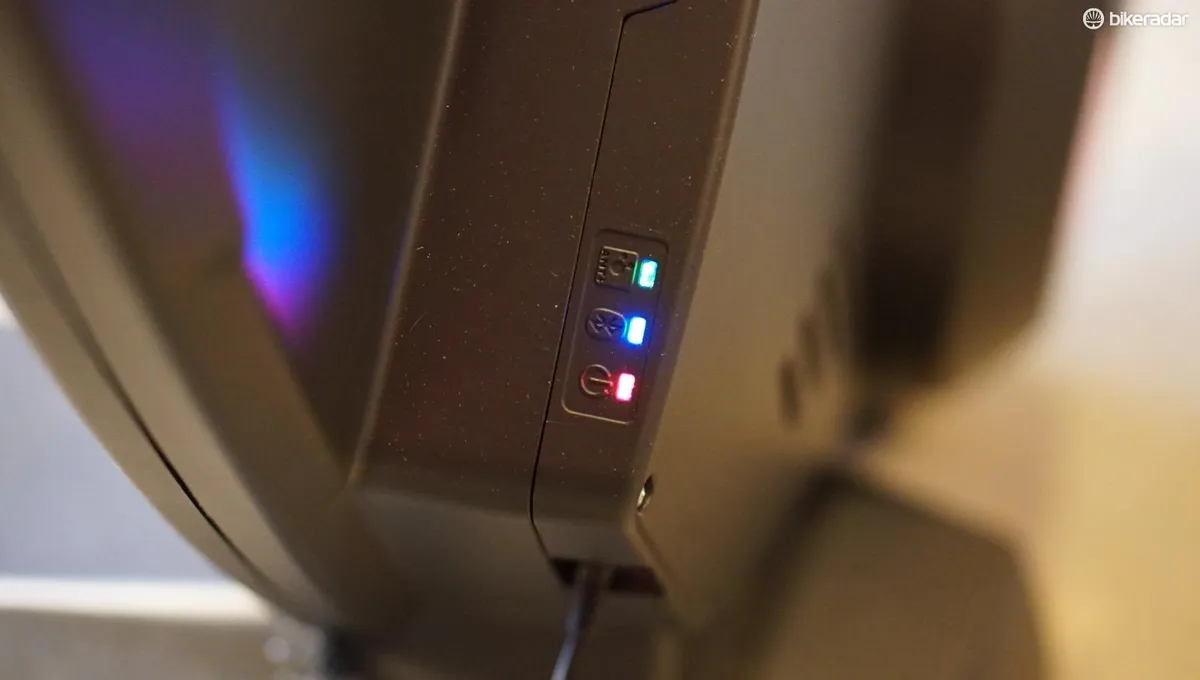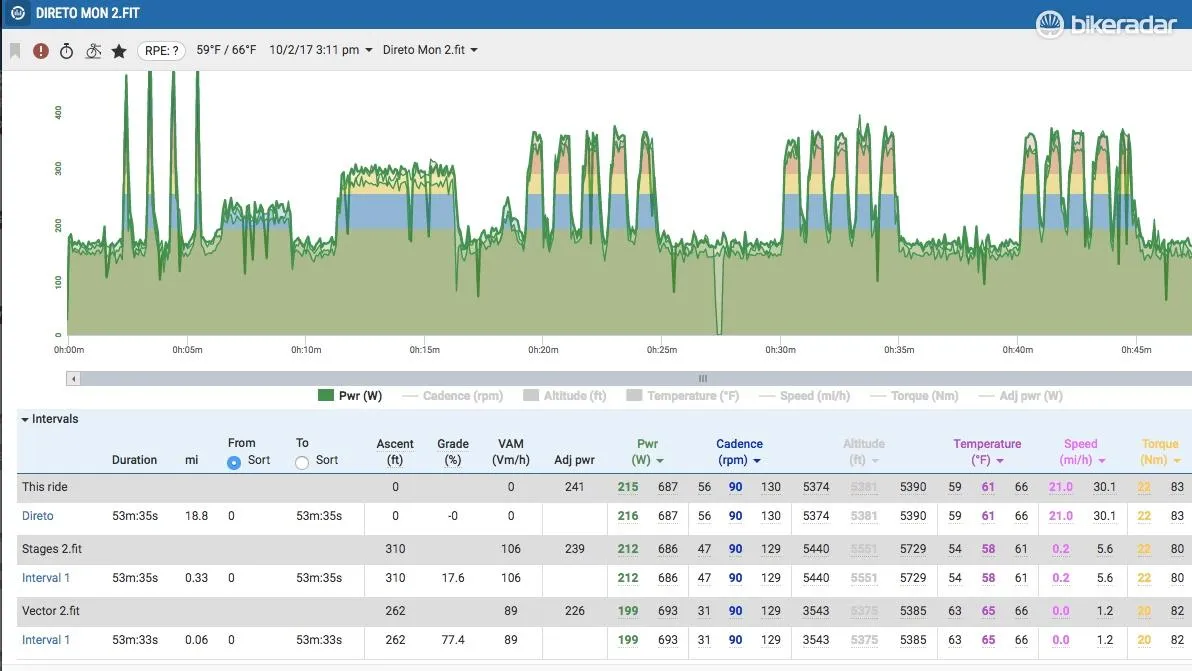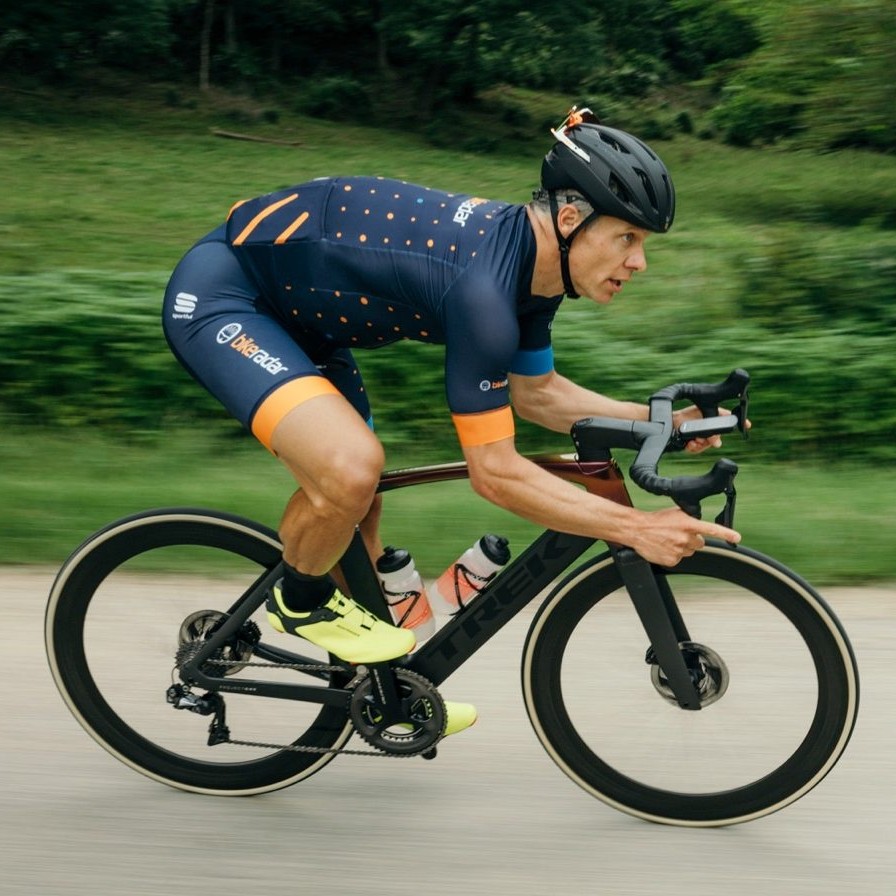If you are looking at buying a direct-drive smart trainer for winter training, put the Elite Direto on your short list.
The Direto has a good feel with its 4.2kg electronic brake flywheel, sound is a reasonable 71dB (at 200w/80rpm) and the wattage measurement out of the box tracks roughly in parallel with Stages and Garmin Vector 3 power meters, although just a bit higher.
After calibration, I found the Direto to track within a single percent of the averages of Stages, Pioneer and Garmin meters.
Notably, the Direto is £749 / $899. This isn't cheap, for sure, but it is on the inexpensive end of direct-drive smart trainers, in line with the Tacx Flux Smart.
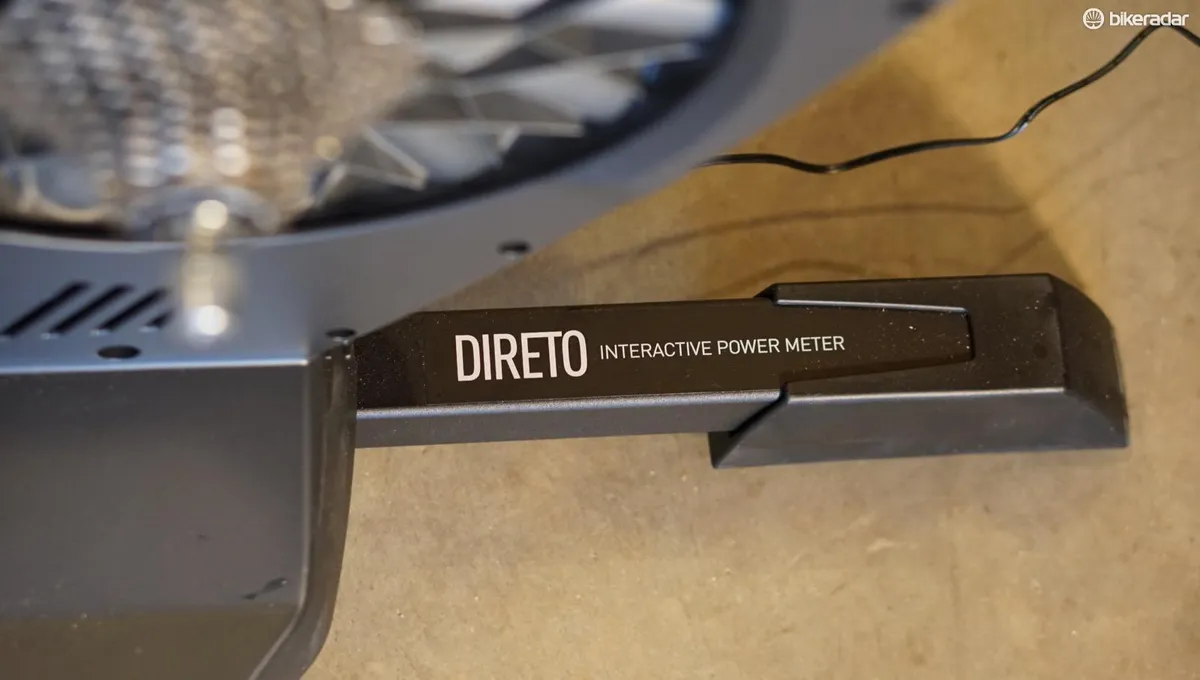
What is a smart trainer? And direct-drive?
For trainers, 'smart' means that it can connect wirelessly with third-party apps such as Zwift, TrainerRoad, The Sufferfest and more.
In addition to delivering power, speed and cadence information to these apps over ANT+ or Bluetooth, smart trainers can also be controlled by the apps. That interaction is the real magic of a smart trainer. When you are riding a virtual course on Zwift or FulGaz and you come to a hill, the smart trainer increases the resistance.
Or when you are doing power-based workouts on TrainerRoad or the Sufferfest, the smart trainer sets the resistance at the prescribed wattage for each interval and recovery period. All you have to do is pedal, in any gear.
Direct-drive means that the bike's drivetrain is mounted directly onto the trainer with the rear wheel removed, instead of the typical setup where a complete bike is clamped into a trainer and a roller presses against the rear tire.
By removing the rear wheel and tire, you also remove the need (and time taken) to calibrate the meter each time you put the bike on, and the possibility of tire slippage. The accuracy of power measurement also increases by going from wheel-on to direct-drive.
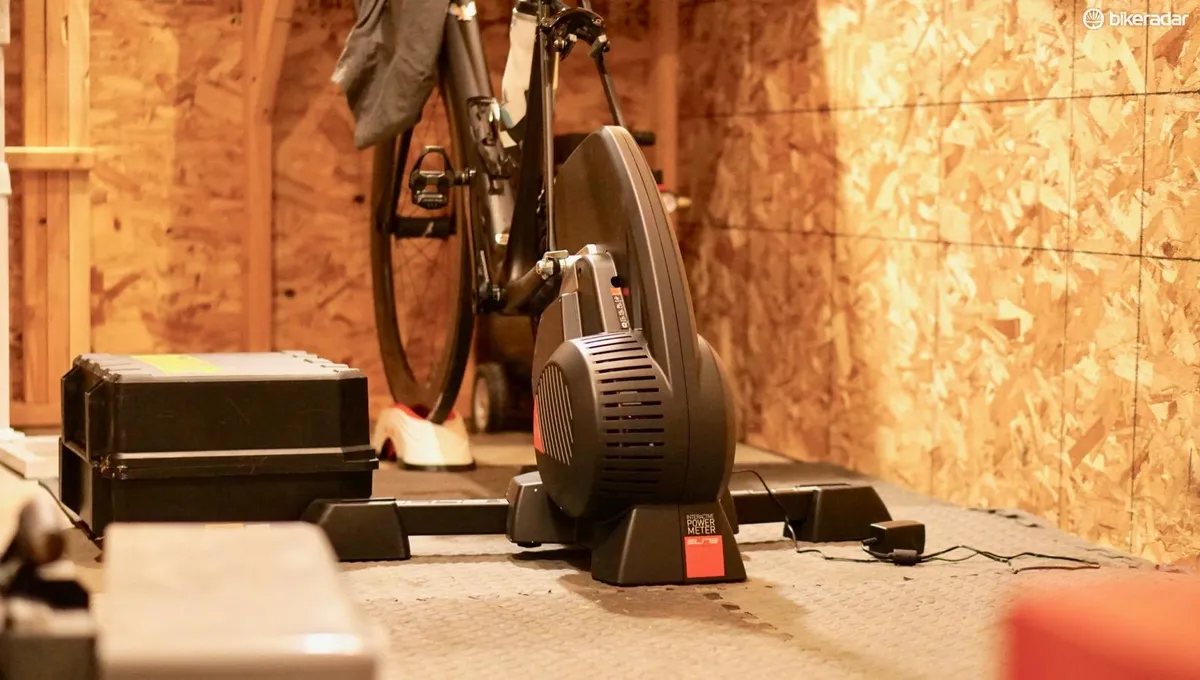
Elite Direto highlights
- Claimed +/- 2.5% power-measurement accuracy
- ANT+ and Bluetooth
- Power, speed and cadence output
- 4.2kg flywheel
- Compatible with quick-release and thru-axle
- 15kg / 33.1lb
10 of the best smart trainers on the market today
Concessions for the lower price
Compared to its top-end sibling the Elite Drivo, which costs $1,299, the Direto measures power at 12 points instead of 24 points. It can simulate a maximum grade of 14 percent instead of 24 percent (who rides up 24 percent grades?!). The Direto's flywheel is 4kg to the Drivo's 6kg.
Claimed power-measurement accuracy is +/-2.5 percent to the Drivo's +/-1 percent.
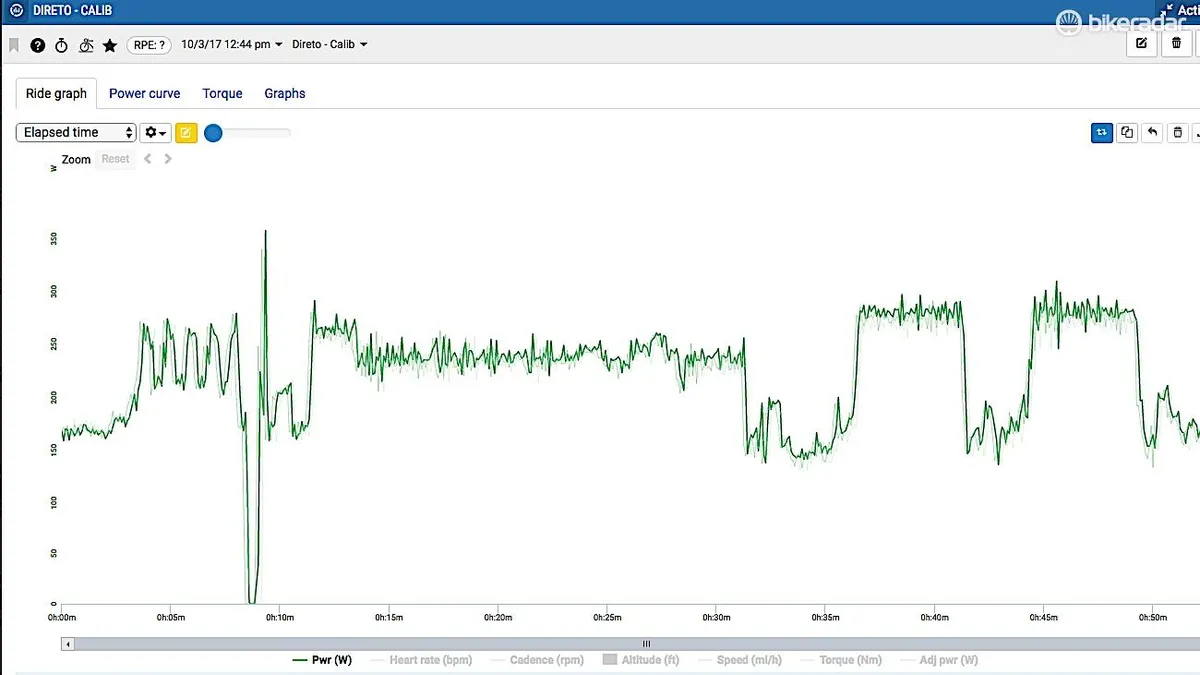
Compared to a more expensive smart trainer such as a Wahoo Kickr or a Tacx Neo whose legs fold in with spring-loaded releases, the Direto's legs are held in place with screws with big plastic knobs. This is only a difference of a few seconds when it comes time to set up or store away the trainer.
Also, inside of tuning the feet for height with knobs, the Direto uses shims. So it's not as easy to quickly move from surface to surface.
Elite Direto verdict
The Direto may well be the goldilocks of direct-drive smart trainers. It isn't as full-featured as the high-zoot Tacx Neo, or as easy to set up and put away as the Wahoo Kickr or CycleOps Hammer. But... it offers a smooth, interactive experience for virtual riding and training, it delivers good power measurement, and it is a few hundred dollars and pounds cheaper than those first three.The Direto responds smoothly to third-party control over ANT+ and Bluetooth.
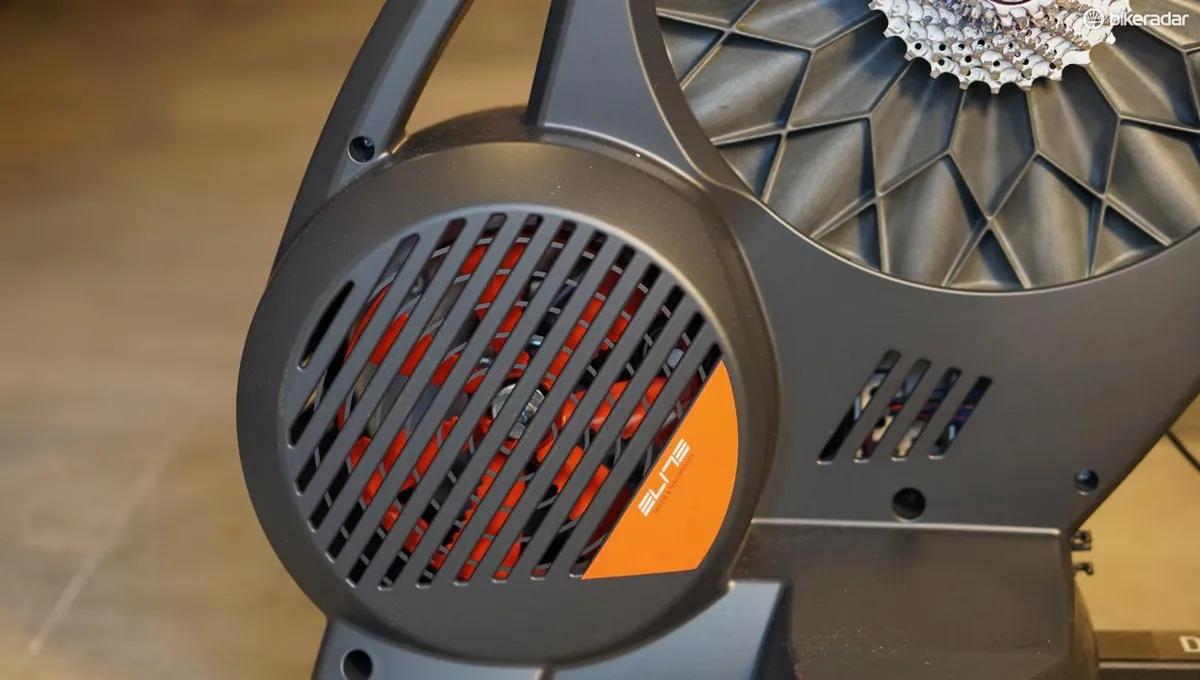
The Direto can be calibrated via Elite's MyETraining app. Like seemingly all the trainer makers, Elite has training software, but it's a relative pain in the butt and inferior to the likes of Zwift and TrainerRoad. So, I'd recommend downloading the app to calibrate the Direto, then just move on to your software of choice for indoor riding.
As with any smart trainer there are a couple of tricks to keep it working well with Zwift or TrainerRoad, the main one being: keep your cadence high as the resistance increases.
Updated November 2017
